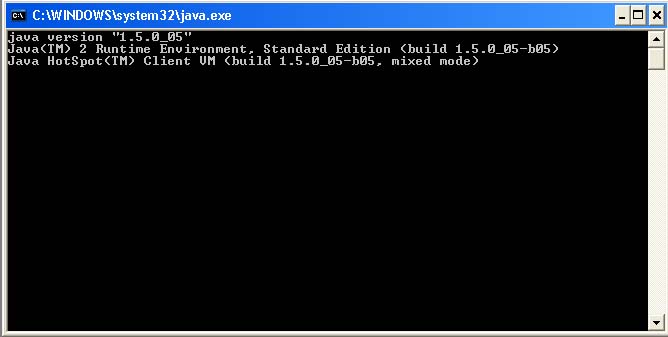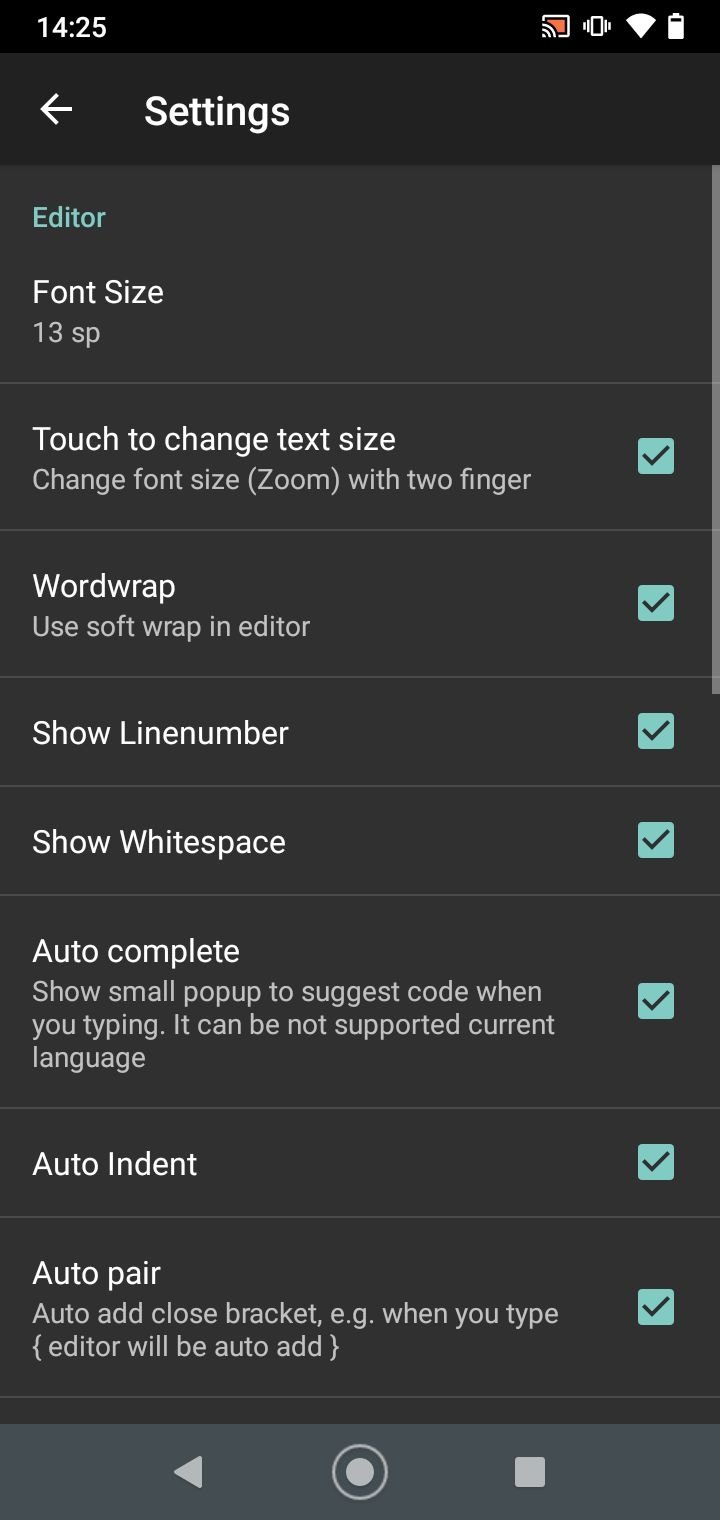
#Apple java 1.4 1 code
To use the lazy initialization, add the -Xir-property-lazy-initialization compiler option when compiling the code with the JS IR compiler. We'll keep working on the lazy initialization, and we ask you to try the current prototype and share your thoughts and results in this YouTrack ticket or the #javascript channel in the official Kotlin Slack (get an invite here). This reduces the need to initialize all top-level properties when the application starts, and it should significantly improve application start-up times. The IR backend for Kotlin/JS is receiving a prototype implementation of lazy initialization for top-level properties. We would appreciate your feedback on it in YouTrack. Opt-in is required (see the details below), and you should use it only for evaluation purposes. It may be dropped or changed at any time. Lazy initialization of top-level properties is Experimental. Kotlin/JS Lazy initialization of top-level properties

We have added support for the new libraries delivered with Xcode 12.2.
#Apple java 1.4 1 simulator
To keep up with the latest watchOS versions, Kotlin/Native has the new target watchosX64 for running the simulator on 64-bit architecture. The x86 simulator target has been deprecated for watchOS since version 7.0. For example, the time required to rebuild the framework in the Networking and data storage with Kotlin Multiplatform Mobile sample has decreased from 9.5 seconds (in 1.4.10) to 4.5 seconds (in 1.4.30). Kotlin/Native has received a variety of performance improvements in 1.4.30, which has resulted in faster compilation times. Learn more about the changes that the JVM IR backend brings in this blog post. To enable the new JVM IR backend, add the following lines to the project's configuration file: Try the Beta version of the new backend and share your feedback in our issue tracker. Starting from 1.4.30, there is no such limitation, so you can use the new backend to build components for third-party use, such as libraries. Previously, you could use code compiled by the new JVM IR backend only if you had enabled the new backend. We're now dropping the restriction on consuming binaries produced by the IR compiler. This is the last pre-stable level before the IR backend becomes the default for the Kotlin/JVM compiler. The IR-based compiler backend for Kotlin/JVM, which was presented in 1.4.0 in Alpha, has reached Beta. Kotlin/JVM JVM IR compiler backend reaches Beta Learn more about the mangling algorithm in KEEP. To try the preview version of inline classes, add the compiler option -Xinline-classes or -language-version 1.5. We'd be very grateful if you would share your feedback with us using this YouTrack ticket. Kotlin 1.4.30 promotes inline classes to Beta and we are planning to make them Stable in future releases. Use the -Xuse-14-inline-classes-mangling-scheme compiler flag to force the compiler to use the old 1.4.0 mangling scheme and preserve binary compatibility. Starting with 1.4.30, the Kotlin compiler uses a new mangling scheme by default. In this release, we've changed the mangling scheme for functions to fix the incorrect behavior.

Starting with 1.4.30, you can declare the record class in Kotlin using the annotation for a data class:Ĭlass Rectangle(override val vertices: List): Fillable, Polygon You can use record classes that are declared in Java just like classes with properties in Kotlin. To provide all the benefits of Kotlin and maintain its interoperability with Java, Kotlin is introducing experimental record class support. The JDK 16 release includes plans to stabilize a new Java class type called record.

Learn more about the new features preview in this blog post. To enable these language features and improvements in preview mode, you need to opt in by adding specific compiler options.

Sealed interfaces and sealed class improvements We would be very grateful if you share your feedback with us in the corresponding YouTrack tickets, as that will allow us to address it before the release of 1.5.0. In Kotlin 1.4.30, you can try these features and improvements in preview mode. Kotlin 1.5.0 is going to deliver new language features – JVM records support, sealed interfaces, and Stable inline classes. You can also learn about new features in this blog post. Kotlin 1.4.30 offers preview versions of new language features, promotes the new IR backend of the Kotlin/JVM compiler to Beta, and ships various performance and functional improvements.


 0 kommentar(er)
0 kommentar(er)
